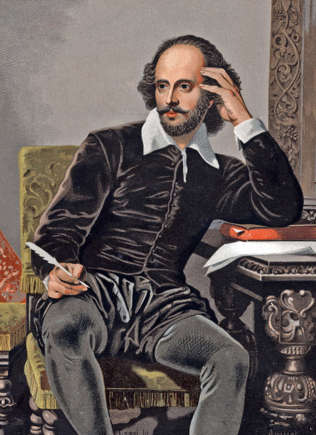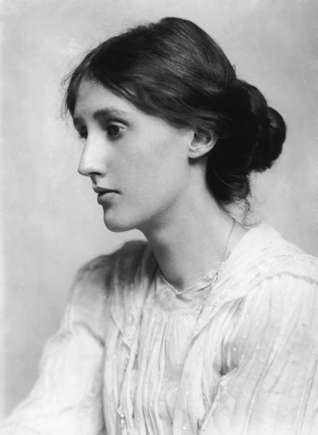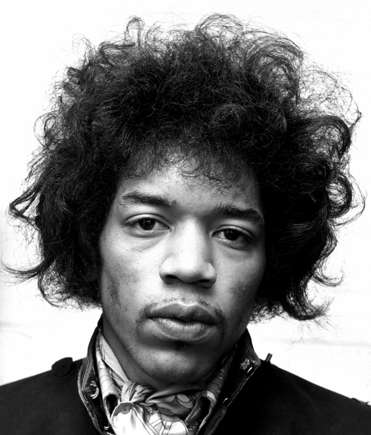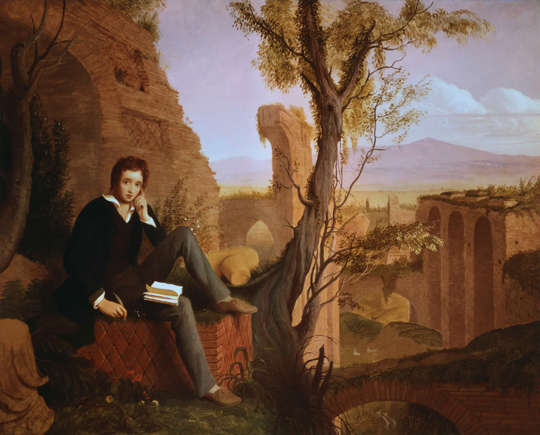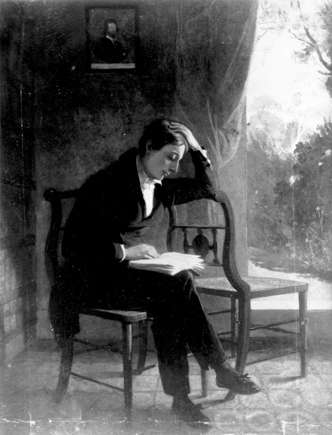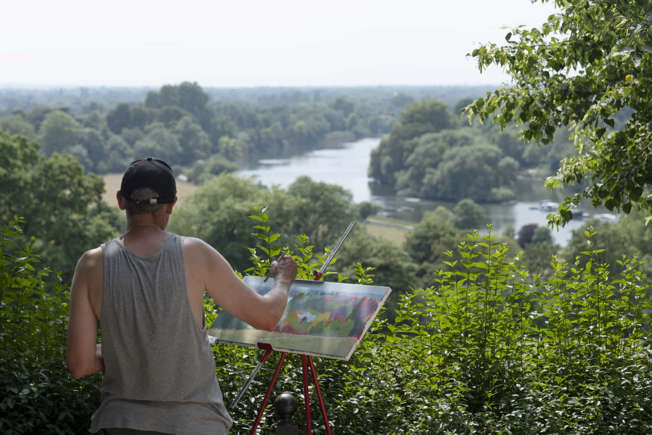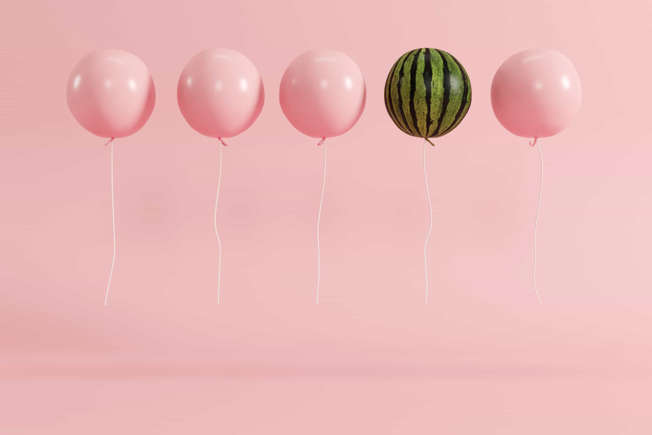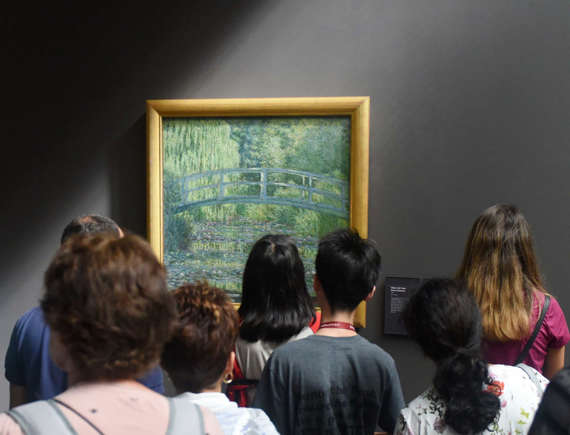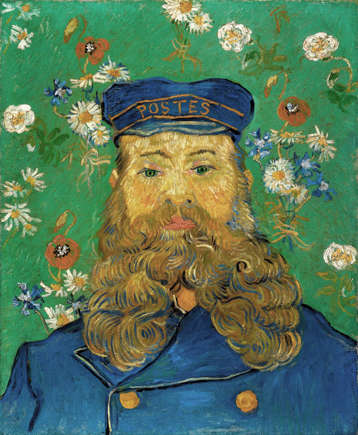
There is a widely held assumption that those who are more creative are also more likely to have poor mental health. The greatest artists have the greatest internal battles, the best musicians have the biggest heartbreaks, and so on. However, is this true?
Psychologists have been looking into the link between creativity and mental health for years, but only recently have they produced concrete evidence of what’s really going on. In this gallery, we cover the scientific findings that look at the connection.
Origin
A lot of this stereotype has branched out from the fact that there have been creative geniuses who also had a mental illness, such as Vincent van Gogh or Virginia Woolf.
That mental health causes creativity or vice versa has very little evidence to support it apart from some famous examples. If there is any link, it is more likely to be a correlation rather than a causation. (Pictured: Percy Shelley)
The definition should be more comprehensive to encapsulate what we mean when we talk about it in reference to mental illness. Dr. Gregory J. Feist, a lead researcher in the field of creativity and psychology, suggests that there are two criteria. When you are creative, what you produce has to be both “original” and “meaningful to some group of people.”


